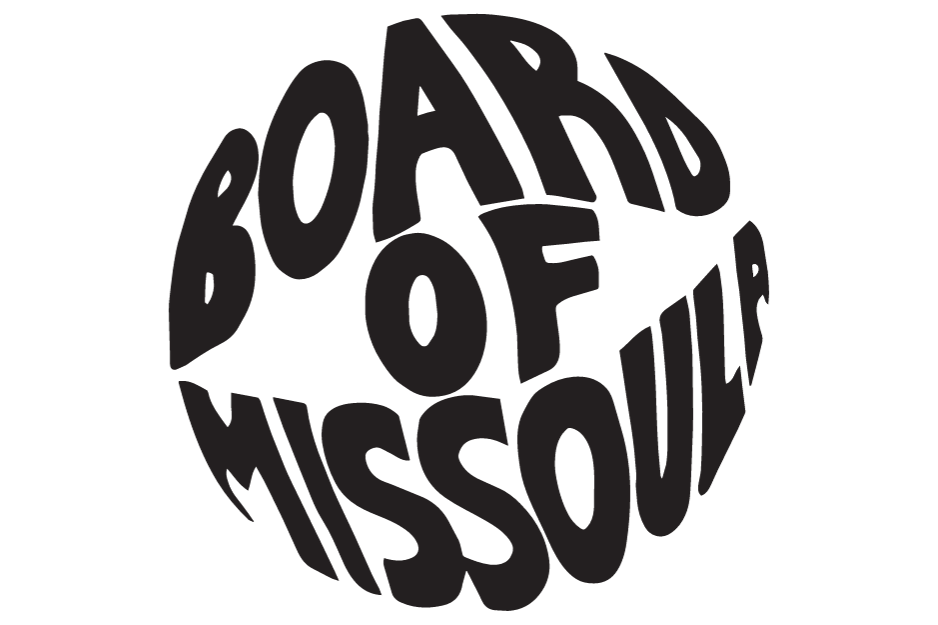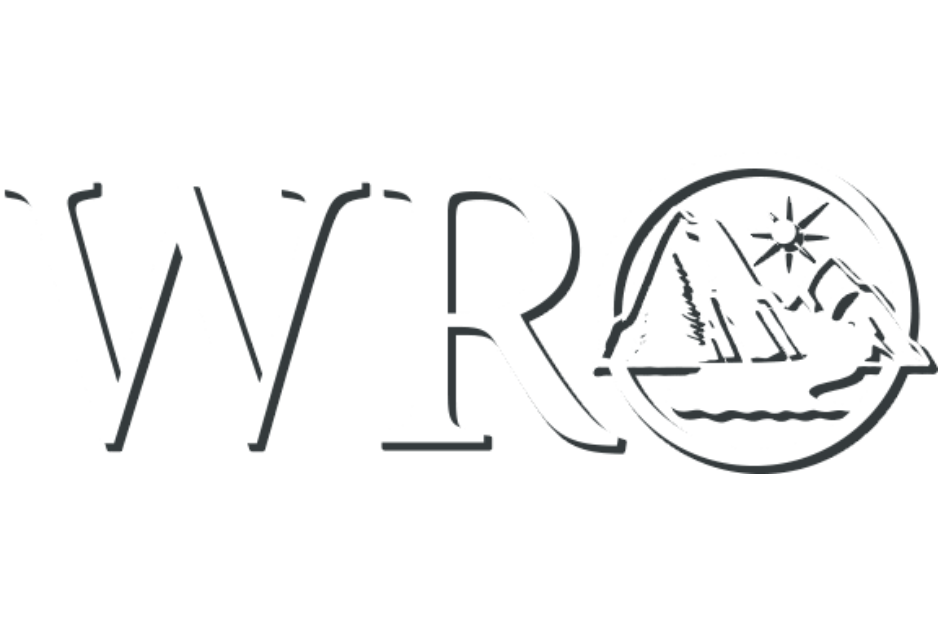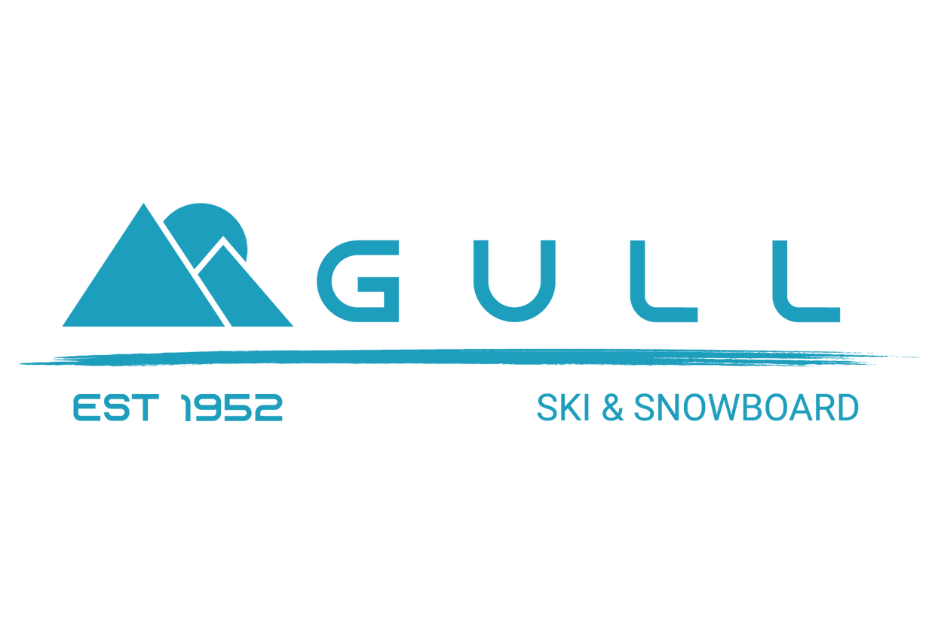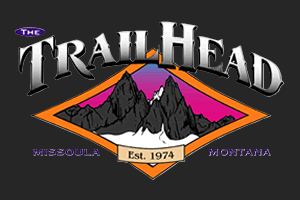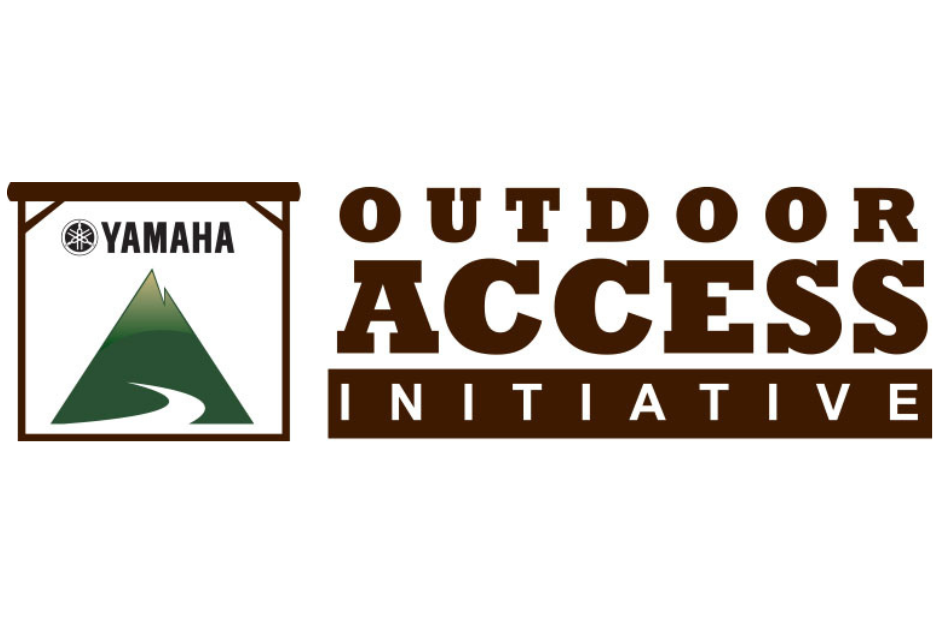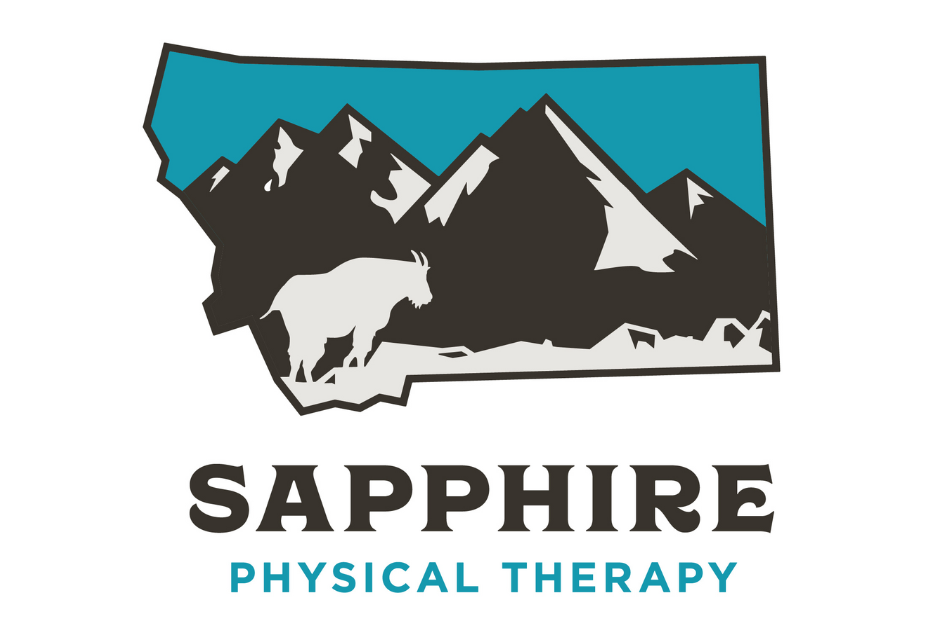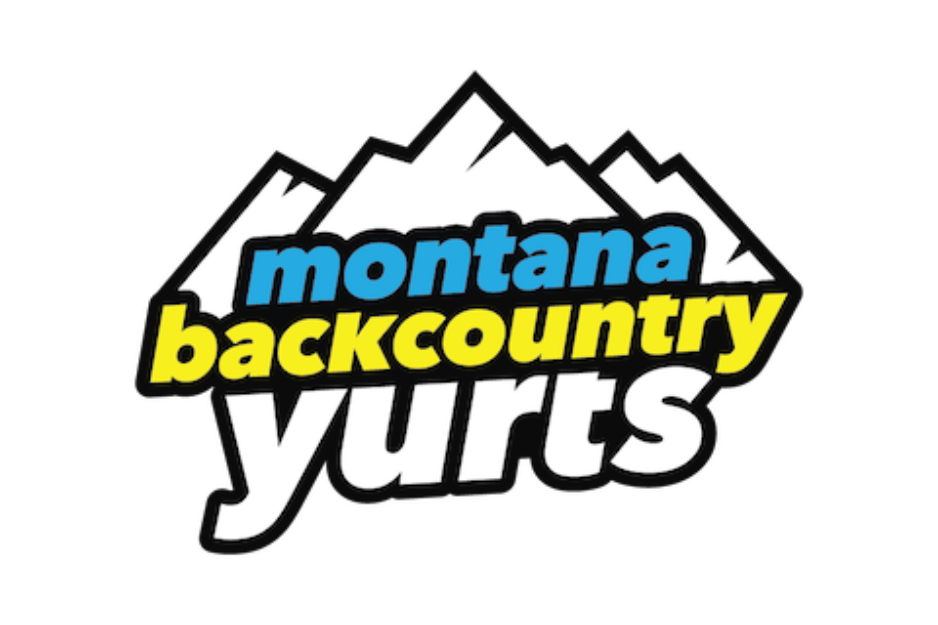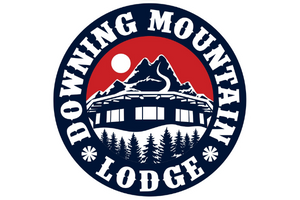Christmas Eve 2013 Avalanche Advisory
The avalanche danger in the west central Montana backcountry is CONSIDERABLE on wind loaded terrain steeper than 35 degrees above 7000 feet. Dangerous avalanche conditions may exist on recently wind loaded terrain where natural avalanches are possible and human triggered avalanches are likely.
The avalanche danger on other steep terrain above 7000 feet is MODERATE. Human triggered avalanches are possible on some terrain features particularly north facing aspects where faceted snow persists within the snowpack.
The avalanche danger is LOW below 7000 feet.
Good morning! This is Steve Karkanen with the West Central Montana Avalanche Center’s Avalanche Advisory for Tuesday, December 24, 2013. The above danger rating expires at midnight tonight (12/24/13). This advisory does not apply to operating ski areas.
Weather and Snowpack Analysis
Heavy snowfall and high winds during the past 12 hours have elevated the avalanche danger on some slopes. Last evening, wind gusts of 66mph and 70mph were recorded at the Point Six Raws station north of Missoula and the Deer Mountain RAWS station east of Darby MT at 7200 feet .
SNOTEL is showing anywhere from .50 inches of snow water equivalent (SWE) in the northern mountains to 1.1 inch of SWE at the Twin Lakes SNOTEL in the past 24 hours. Wind speeds are diminishing this morning but are still in the 30mph range above 7000 feet.
Although only a few inches of snow accumulated overnight, this most recent snow has more water content than previous storms so is adding weight more quickly than earlier snow. High winds are moving this snow around complicating evaluation. Having good route finding skills and making conservative decisions are essential for safe backcountry travel in these conditions.
The primary avalanche problem for the next few hours is wind slab formation on any leeward terrain particularly in areas where the previous snowpack has been shaded allowing faceted snow to persist.
A secondary concern is a persistent weak layer that formed during the clear cold weather on December 19. Stability tests were producing failure in the upper layer of the snowpack (CTM13/14 Q1) on west, north and east aspects (see snowpit profile).
The more deeply buried facets near the November crust continue to gain strength. We were unable to produce any failure at this level. These deeper facets, or depth hoar, exist mostly on the colder north to north east aspects and are pronounced in rocky thin areas.
In the Rattlesnake yesterday, we found then later received a report of a recent human triggered avalanche on a wind loaded northeast slope north of Pt Six (see photo). This intentionally triggered wind slab failed on the above described weak layer. The crown was 8 inches to over 24 inches and propagated over 100 feet on a 40 degree convexity. It ran about 50 feet to more gentle ground. This is a good indicator that wind slabs are an issue now especially during these high winds.
Weather Forecast and Avalanche Outlook
From the Missoula Weather Service Backcountry Forecast:
“A quick moving cold front is still expected Monday night with
several inches of new snow in the mountains and increased west
winds at all elevations.
Behind the front, we will rapidly get back to what we’ve seen for
awhile now, namely continued breezy west to northwest winds with
an upper ridge hanging near the west coast. Looks like a couple of
weak and fast moving systems in this pattern could provide some
light snow, but wind will be the more persistent weather phenomenon”.
High pressure will return to the area for the next few days with the next chance for snow on Friday.
I expect the avalanche danger to ease over the next few hours. The high wind last night certainly moved a lot of snow onto leeward terrain and these wind slabs may be touchy for awhile.
I will issue the next advisory this Friday December 27, 2013.
Have a great Christmas and a happy and safe New Year!
.

